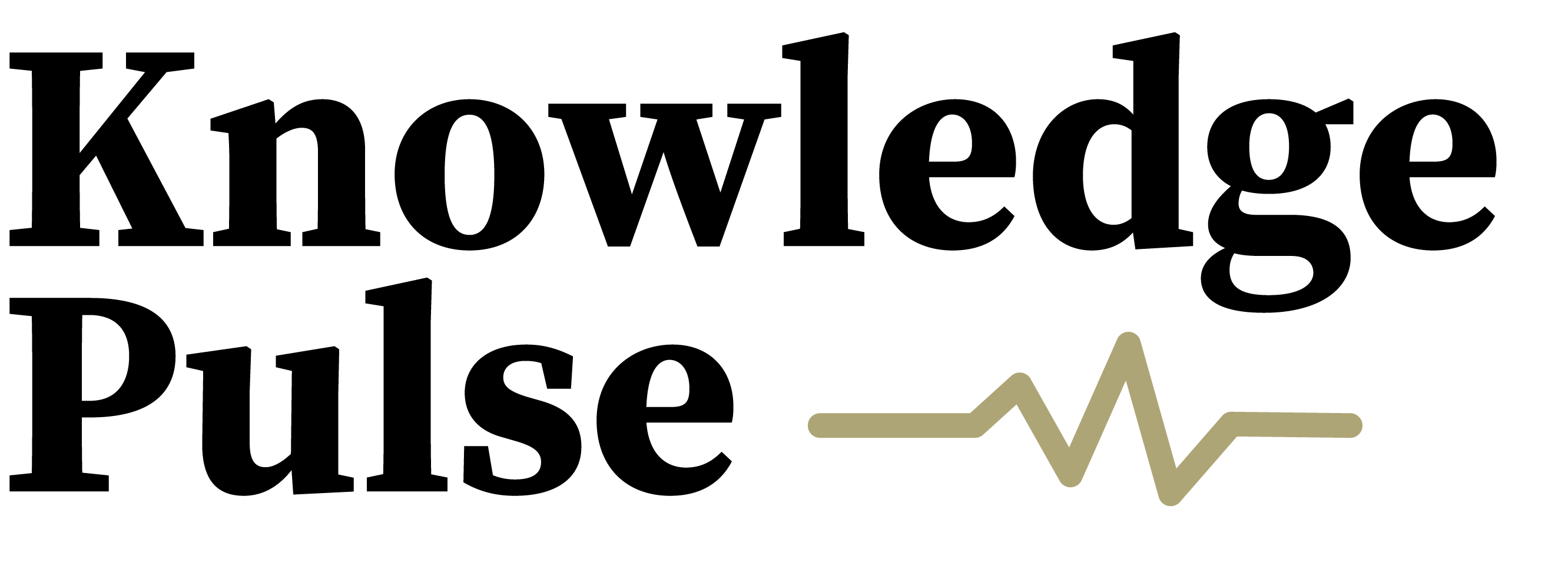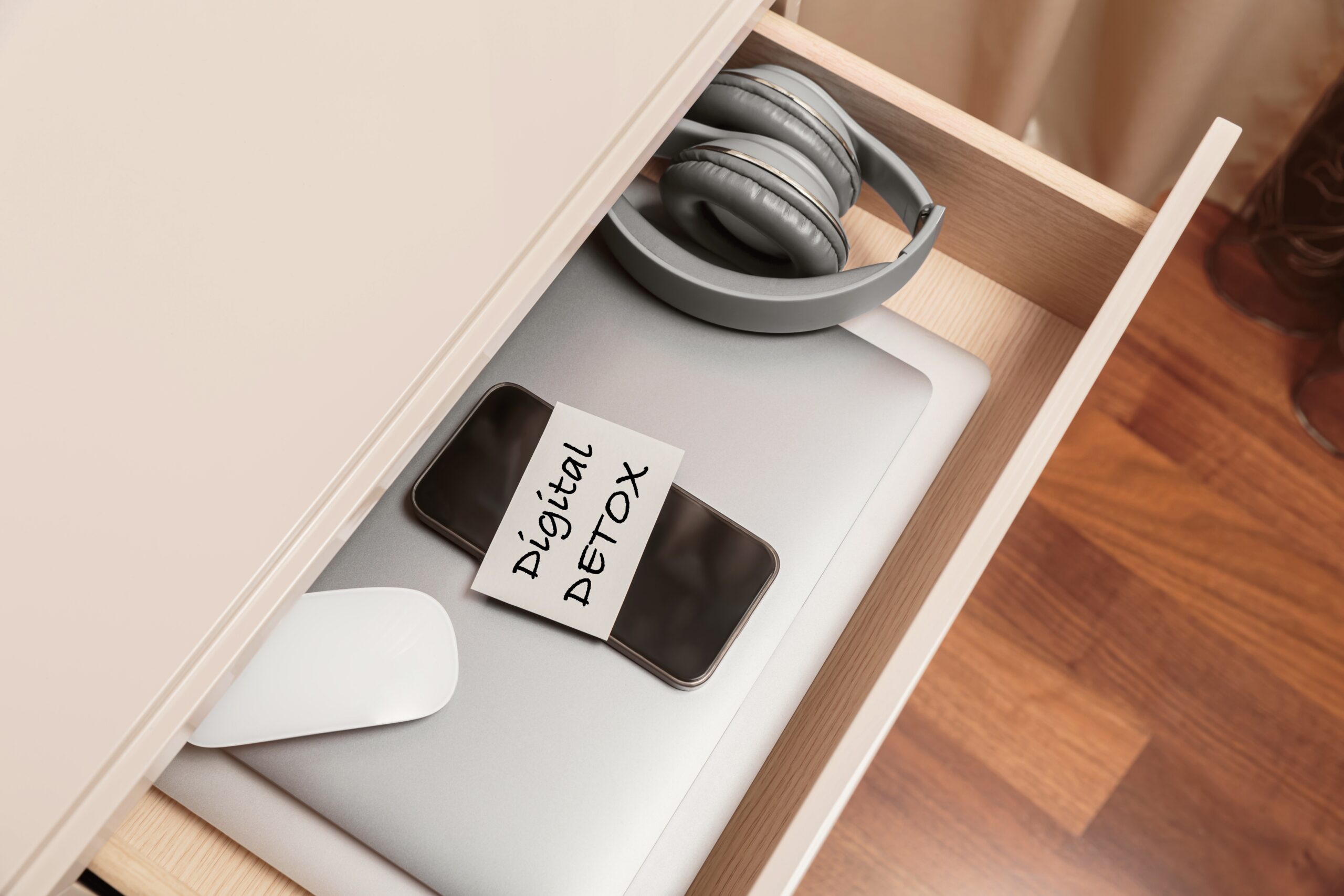In today’s hyper-connected world, constant digital stimulation weakens focus and reduces mental clarity. The brain, bombarded with notifications, social media updates, and endless content, struggles to maintain deep concentration. Research shows that excessive screen time impairs cognitive functions, shortens attention spans, and increases stress levels. A digital detox, even for short periods, can help the brain recover, improving focus, productivity, and overall well-being. This article explores how digital overload affects concentration, why your brain needs breaks, and practical steps to implement a digital detox for improved mental clarity.
Table of Contents
- Introduction: The Impact of Digital Overload on Focus
- How Digital Distractions Weaken Concentration
- The Science Behind Deep Focus and Cognitive Performance
- The Role of Dopamine and Digital Dependency
- Benefits of a Digital Detox for the Brain
- Practical Strategies for Implementing a Digital Detox
- How Long Does It Take to Rebuild Focus?
- Case Study: A 7-Day Digital Detox Experience
- Sustainable Digital Habits for Long-Term Mental Clarity
- Conclusion: Reclaiming Your Attention Span
1. Introduction: The Impact of Digital Overload on Focus
With smartphones, social media, and instant messaging, our attention is constantly under siege. Studies indicate that the average person checks their phone over 96 times a day, often interrupting deep work and productive thinking.
Key Statistics:
✔ The average human attention span has dropped from 12 seconds in 2000 to 8 seconds today.
✔ Excessive screen use is linked to higher stress, memory issues, and reduced cognitive flexibility.
✔ People who multitask with digital devices experience 40% lower productivity than those who focus on a single task.
Key Takeaway: Digital distractions create mental clutter, making it harder to focus, think deeply, and process information effectively.
2. How Digital Distractions Weaken Concentration
Each time we switch tasks—from checking an email to responding to a message or scrolling through social media—our brain has to refocus. This process, known as “attention residue,” significantly weakens concentration.
Common Digital Distractions and Their Effects:
✔ Push notifications – Constant alerts keep the brain in a state of hyper-vigilance.
✔ Social media scrolling – Encourages shallow engagement, reducing cognitive depth.
✔ Email overload – Fragmented work leads to mental exhaustion.
✔ Multitasking with screens – Decreases efficiency and increases errors.
Table: How Digital Habits Affect Focus
| Digital Habit | Effect on Concentration |
|---|---|
| Constant notifications | Frequent interruptions, reduced deep focus |
| Social media use during work | Shortens attention span, encourages distraction |
| Task-switching between apps | Increases mental fatigue, lowers efficiency |
| Watching multiple screens | Weakens memory retention, disrupts deep thinking |
Solution: A structured digital detox can restore focus by reducing these attention-draining habits.
3. The Science Behind Deep Focus and Cognitive Performance
Deep work, a term popularised by Cal Newport, refers to the ability to focus without distraction on a cognitively demanding task. This state is essential for creativity, problem-solving, and high-level thinking.
How Deep Focus Works:
✔ The brain enters a flow state, improving efficiency.
✔ Memory formation strengthens, leading to better retention.
✔ Distraction-free time boosts problem-solving skills.
Key Takeaway: Reducing digital interruptions allows the brain to reach deeper levels of concentration, improving cognitive performance.
4. The Role of Dopamine and Digital Dependency
Social media and smartphone use trigger dopamine release, reinforcing compulsive behaviour. The constant search for new stimuli weakens patience and focus.
| Digital Activity | Dopamine Response | Consequence |
|---|---|---|
| Scrolling social media | Short bursts of pleasure | Reduces long-term focus ability |
| Checking notifications | Instant gratification | Creates compulsive checking habits |
| Multitasking on screens | Frequent dopamine spikes | Lowers deep concentration capacity |
Solution: A digital detox rebalances dopamine levels, improving attention control and reducing distractions.
5. Benefits of a Digital Detox for the Brain
Taking a break from screens allows the brain to reset and regain its ability to concentrate deeply.
Key Benefits of a Digital Detox:
✔ Improved attention span – Less multitasking strengthens focus.
✔ Lower stress levels – No constant alerts reducing mental load.
✔ Better sleep quality – No blue light disrupting melatonin production.
✔ Enhanced productivity – Uninterrupted work leads to higher efficiency.
Key Takeaway: Even short digital detox periods (e.g., one day per week) can have significant cognitive benefits.
6. Practical Strategies for Implementing a Digital Detox
✔ Turn off non-essential notifications to reduce distractions.
✔ Use “Do Not Disturb” mode during deep work sessions.
✔ Schedule screen-free time in the morning and before bed.
✔ Replace screen habits with reading, meditation, or outdoor activities.
✔ Set daily screen time limits using built-in phone tools.
Key Takeaway: Small changes in digital habits lead to long-term improvements in concentration.
7. How Long Does It Take to Rebuild Focus?
Experts suggest that it takes 21–30 days to break digital addiction patterns and rebuild deep focus skills.
Recommended Detox Phases:
✔ Week 1: Reduce screen time by 30%.
✔ Week 2: Eliminate unnecessary notifications.
✔ Week 3: Introduce longer deep work sessions.
✔ Week 4: Maintain sustainable digital habits.
Reality Check: Even a 7-day break from screens can lead to noticeable cognitive benefits.
8. Case Study: A 7-Day Digital Detox Experience
A study participant reduced their screen time by 50% for one week. The results:
✔ Day 1-2: Mild withdrawal symptoms, feeling “out of the loop.”
✔ Day 3-4: Improved sleep, reduced stress.
✔ Day 5-6: Better concentration, easier task completion.
✔ Day 7: Felt mentally clearer and more in control.
Conclusion: A structured digital detox improves focus and reduces mental fatigue.
9. Sustainable Digital Habits for Long-Term Mental Clarity
✔ Adopt a “tech-free” morning routine.
✔ Use social media intentionally rather than habitually.
✔ Take scheduled digital breaks throughout the day.
✔ Prioritise face-to-face interactions over digital ones.
Key Takeaway: Concentration improves when technology is used consciously rather than compulsively.
10. Conclusion: Reclaiming Your Attention Span
Digital overstimulation weakens focus and productivity, but a structured detox allows the brain to reset. By reducing digital clutter and practicing mindful tech use, you can improve concentration, lower stress, and enhance cognitive performance.
Final Thought:
Start small—try one tech-free hour per day and notice how your focus improves. A balanced digital lifestyle leads to greater mental clarity and long-term well-being.







